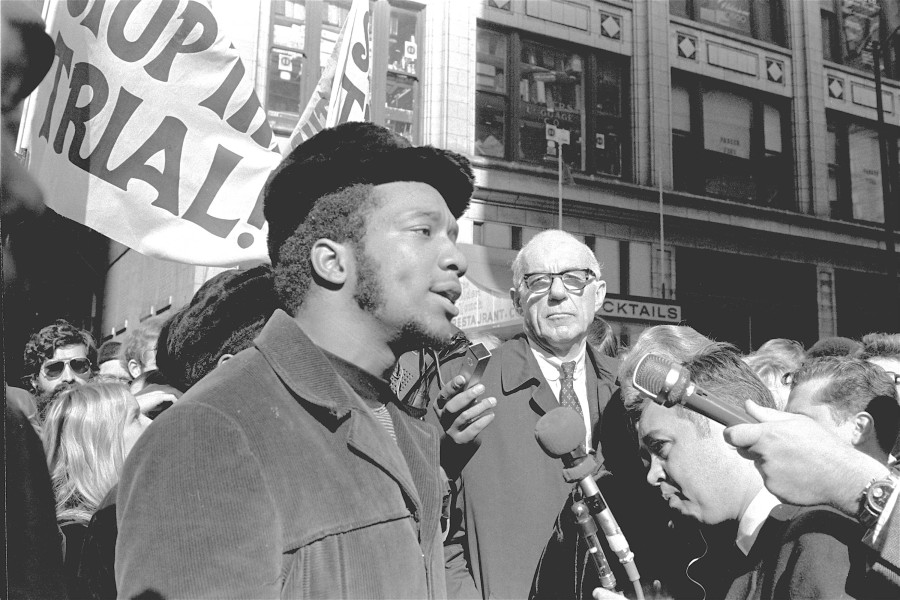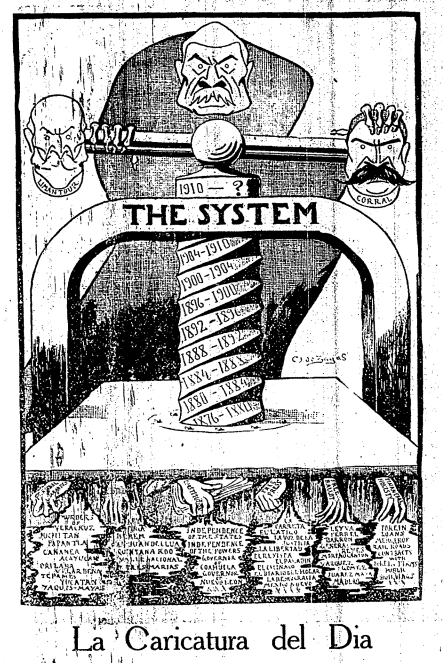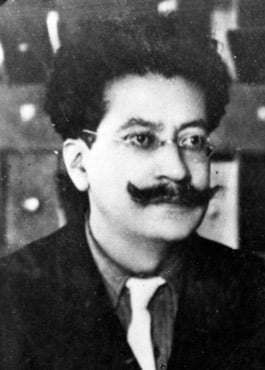
Fred HAMPTON(1948-1969), known by most people exclusively for his assassination in 1969, was a revolutionary activist in the Black American struggle for liberation who utilized socialist ideas as a form of resistance against a racially and economically oppressive America. Born Fredrick Allen Hampton in Chicago, Illinois, he began his progressive activism at a young age. Through studying communist revolutionaries from around the world and providing for members of his community, Hampton developed an ideology rooted in combatting capitalism. Moreover, as he later became an influential leader of the Black Panther Party (BPP), he began to further value revolution and the strength of the masses.
In particular, in his book, I Am A Revolutionary: Fred Hampton Speaks, Hampton’s famous orations reveal this groundbreaking response to the racism in America. Knowing of the oppression of minorities in America, Hampton firmly believed in the necessity of an “international proletarian revolution” and “[fighting] capitalism with socialism.” Therefore, even though the police ended his life at the young age of 21, Hampton’s legacy reveals the actuality of socialist policies as a perceived solution to racial oppression in America.
FURTHER READING
Hampton, Fred. 2023. I Am a Revolutionary: Fred Hampton Speaks. Edited by Fred Hampton Jr. Pluto Press.
Leave a Comment




